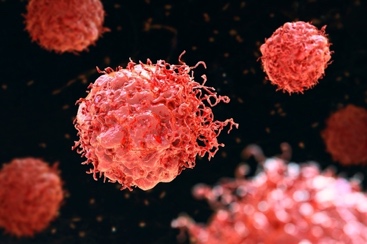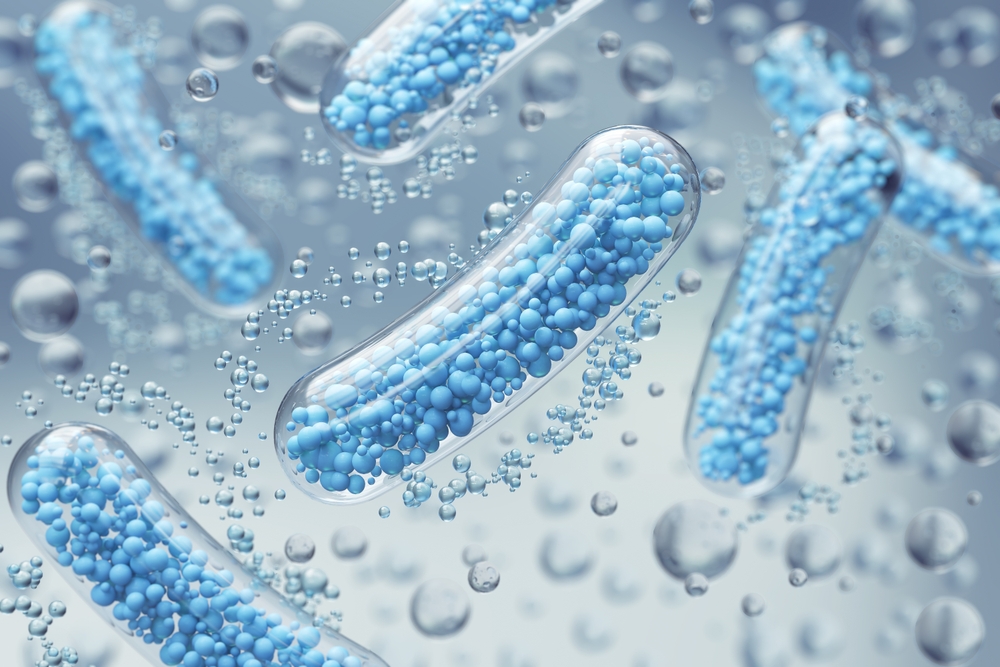In the phase 2 TeLuRide-005 study, researchers found that adding the intravenous TLR7/8 co-agonist EIK1001 to pembrolizumab plus histology-appropriate chemotherapy produced a 64% objective response rate (ORR) in first-line stage IV non-small cell lung cancer (NSCLC; n=50 evaluable), with responses of 59% in nonsquamous and 75% in squamous tumors. Activity tracked with PD-L1 expression (ORR 71% for PD-L1 ≥50%, 62% for 1%–49%, 55% for <1%), supporting a complementary immune-activating mechanism alongside checkpoint blockade. Dosing escalated from 0.45 to 0.60 mg/m² without safety signals. EIK1001 was given weekly for eight doses, then every three weeks alongside pembrolizumab (up to 35 cycles) and standard carboplatin-based chemotherapy, indicating feasibility of integrating the agent into established first-line regimens.
Safety was manageable: no dose-limiting toxicities occurred at either dose, adverse events were largely attributable to the chemo-immunotherapy backbone, and cytokine release syndrome was infrequent and low grade (~12%, all grade 1–2). Treatment-related discontinuations were uncommon, and no treatment-related deaths occurred, strengthening the case for randomized trials to confirm efficacy—particularly in squamous disease and in patients with higher PD-L1 expression. Investigators noted that duration-of-response and progression-free survival follow-up is ongoing, with plans to refine dose, schedule, and biomarker-enriched cohorts in subsequent studies.
Reference: Seymour C. Frontline EIK1001 Plus Chemoimmunotherapy Stimulates Antitumor Activity in Advanced NSCLC. OncLive. Published October 20, 2025. Accessed October 27, 2025. https://www.onclive.com/view/frontline-eik1001-plus-chemoimmunotherapy-stimulates-antitumor-activity-in-advanced-nsclc








